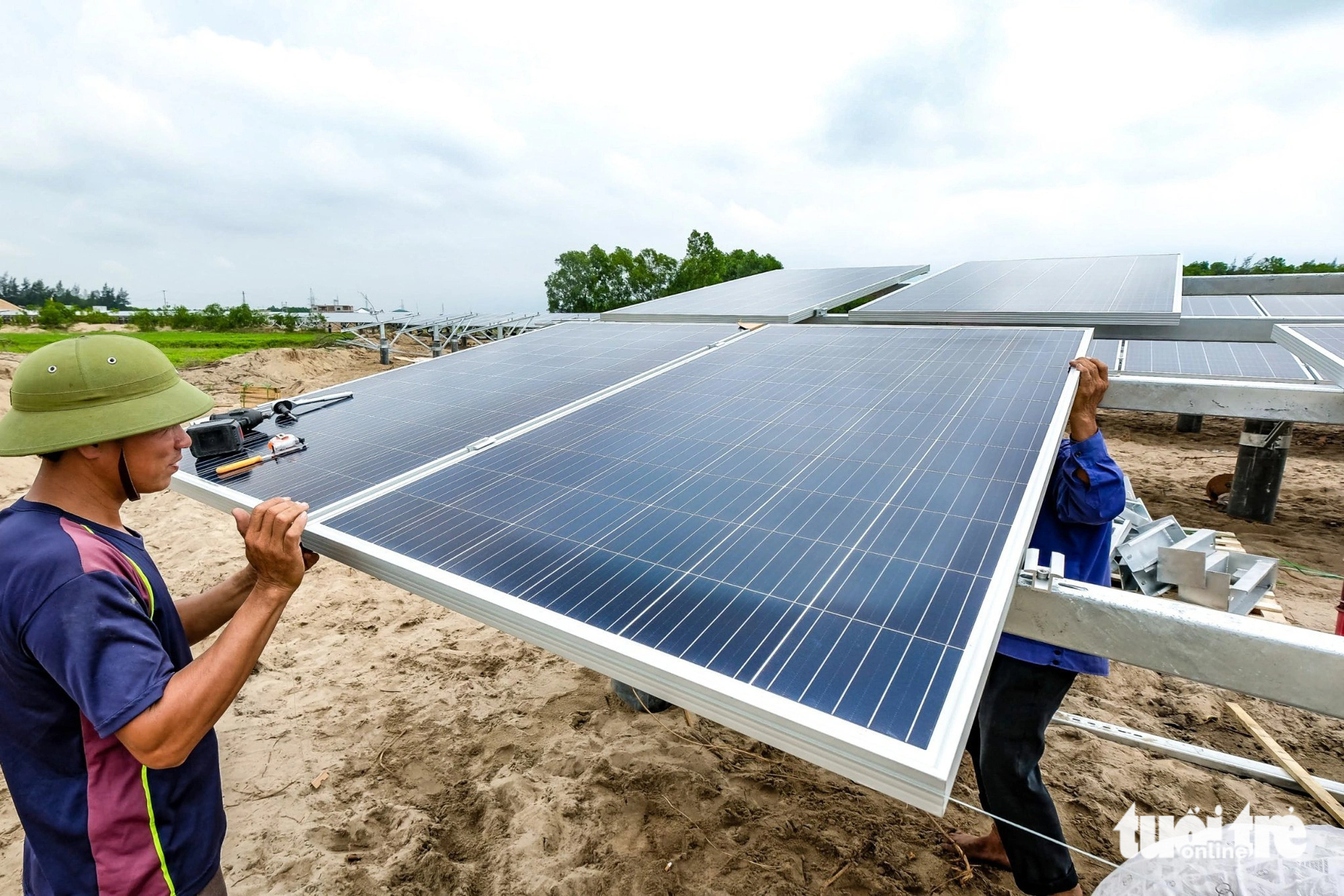
Solar and wind power projects connected to the national grid must have a capacity of 10 MW or more - Photo: NAM TRAN
This is an important step forward in promoting a competitive electricity market and developing clean energy in Vietnam.
However, for this policy to be truly effective, there are still many issues that need to be clarified and resolved.
Expectations from business
The Decree provides for two main forms of DPPA: private line power purchase and grid power purchase.
For the private line trading form, the parties themselves agree on the capacity, output and price of electricity. This form has no capacity limit and applies to power sources such as solar, wind, small hydro, biomass, geothermal, ocean wave, tidal, ocean current and rooftop solar.
However, implementation is difficult due to the long distance between the power plant and the customer.
With the form of buying and selling through the national grid, the decree limits the capacity of renewable energy plants to 10 MW or more. Large electricity customers must connect to a voltage level of 22kV or more and have an average consumption of 200,000 kWh/month.
Although this form is more convenient, there are still many problems that need to be solved.
Mr. Pham Minh Tuan - Vice President of Bamboo Capital Group - said that the community of investors developing renewable energy and large electricity consuming enterprises have high expectations for this new policy.
For investors, signing a long-term DPPA helps to arrange capital more effectively at low cost from financial institutions, especially international ones. This is different from the current form of selling electricity under a power purchase agreement, helping businesses increase investment efficiency and provide electricity at more competitive prices.
For large electricity users, stabilizing long-term electricity costs helps determine input costs, thereby reducing operating costs. In addition, using clean electricity also helps businesses demonstrate emissions reductions, towards the goal of net zero.
Mr. Pham Dang An - Deputy General Director of Vu Phong Energy Group - commented that the decree will create fair and transparent competition in the energy industry. Parties can negotiate electricity purchase and sale prices based on actual supply and demand. Negotiating the sale of surplus electricity to EVN also helps optimize output and economic efficiency.
Challenges in implementation
Despite high expectations, businesses also pointed out some challenges in implementing this policy.
Mr. Tuan said that the development and investment of power sources, especially connection lines (in case of selling electricity via separate lines), still require complicated and time-consuming planning procedures. In addition, the decree has not clarified the mechanism for power sources operating under FIT prices or in the transitional form when participating in DPPA.
Another risk is that large electricity customers must ensure that their average electricity consumption is greater than 200,000 kWh/month to continue participating in the program. "Large electricity customers must ensure that their average electricity consumption in 12 months is greater than 200,000 kWh/month to continue participating in this program.
This is also a risk for the buyer. If during the life of the contract, the business uses less electricity than this minimum level, they are likely to be subject to a very large contract penalty," said Mr. Tuan.
Mr. An also noted that the process of adjusting and issuing additional regulations to ensure the smooth operation of the direct electricity trading market may take time. During the transition period, there may be shortcomings and difficulties in applying the new regulations.
Speaking to Tuoi Tre, a representative of a solar and wind power investment company in Binh Thuan pointed out that large customers who need to buy clean electricity are mainly in the North or South, while large-scale renewable energy sources are scattered in the Central region. This makes it difficult to sell electricity directly through private lines due to the high cost.
"Our power plant in Binh Thuan cannot invest in a separate line to sell electricity to customers in Ho Chi Minh City due to the high cost. Only by selling through the national power system can we develop it, but we need very specific instructions on how renewable energy projects can participate in the competitive electricity market and the pricing and output mechanisms when participating in the market," said the company.
Need specific instructions
Representatives of Vietnam Electricity Group (EVN) said that the new mechanisms will increase choices for customers, especially those who need to buy clean electricity.
However, for private line trading to be effective, both the buyer and seller of electricity must "meet each other", that is, have favorable conditions such as the power plant and the manufacturing plant being located close to each other.
Regarding renewable energy sources traded through the national power system, although the decree can be implemented immediately, in reality there are still unclear regulations that may cause problems during implementation.
For example, the allocation of payment output when a clean power plant sells to multiple customers or vice versa.
EVN also noted that many renewable energy projects currently enjoy both the FIT1 and FIT2 preferential price mechanisms and the transitional price mechanism, so the payment mechanism will be very complicated and need more specific guidance.
Another issue is that the decree requires plants to participate in the competitive electricity market, while there are currently no regulations for renewable energy plants to participate in this market. Therefore, there needs to be a specific mechanism to determine the electricity output purchased and sold and the cost of calculating the electricity price as a basis for payment.
The leader of the Electricity Regulatory Authority ( Ministry of Industry and Trade ) affirmed that it will organize activities to guide and disseminate regulations as well as provide specialized training for interested units to effectively implement the decree.
Opportunities for rooftop solar
A notable new point in the decree is that rooftop solar power systems are allowed to participate in the DPPA mechanism through direct purchase and sale via private lines.
This opens up opportunities for rooftop solar power investors who are willing to invest in systems for factories and industrial parks in need.
With this power source, the technical implementation is not too complicated when the rooftop grid is sold to the user, which is the factory below. The price mechanism agreed upon by both parties will create initiative in buying and selling, contributing to promoting the development of rooftop solar power.
Source: https://tuoitre.vn/mua-ban-dien-truc-tiep-chinh-sach-hay-nhung-kho-lam-ngay-20240706232009815.htm


![[Photo] Vietnamese shipbuilding with the aspiration to reach out to the ocean](https://vphoto.vietnam.vn/thumb/1200x675/vietnam/resource/IMAGE/2025/5/20/24ecf0ba837b4c2a8b73853b45e40aa7)



![[Photo] Award ceremony for works on studying and following President Ho Chi Minh](https://vphoto.vietnam.vn/thumb/1200x675/vietnam/resource/IMAGE/2025/5/20/a08ce9374fa544c292cca22d4424e6c0)

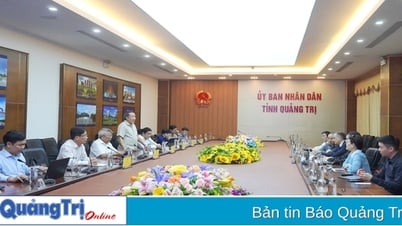

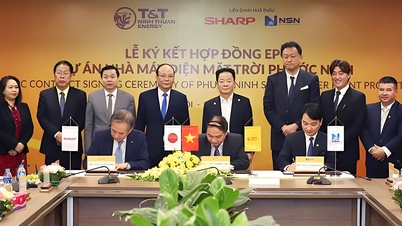

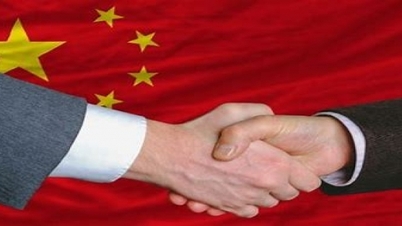

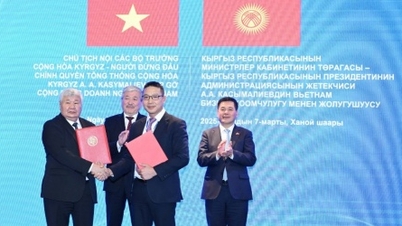


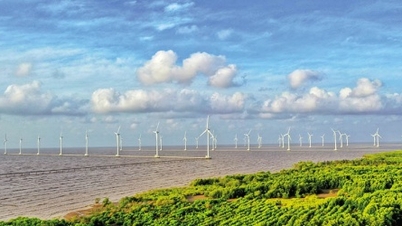







































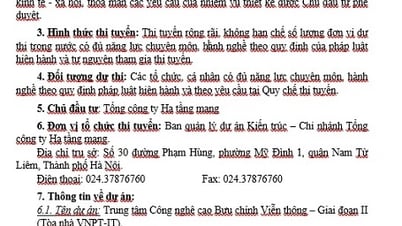


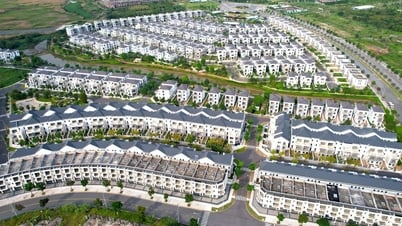







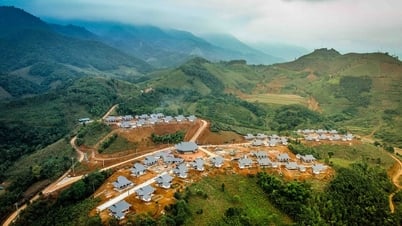
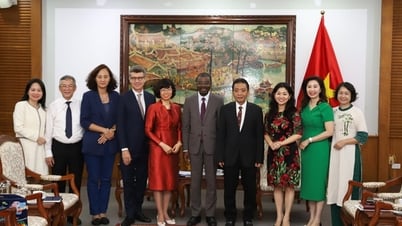














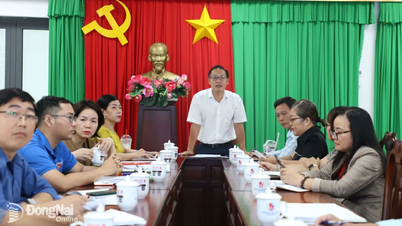












![[VIDEO] - Enhancing the value of Quang Nam OCOP products through trade connections](https://vphoto.vietnam.vn/thumb/402x226/vietnam/resource/IMAGE/2025/5/17/5be5b5fff1f14914986fad159097a677)
Comment (0)